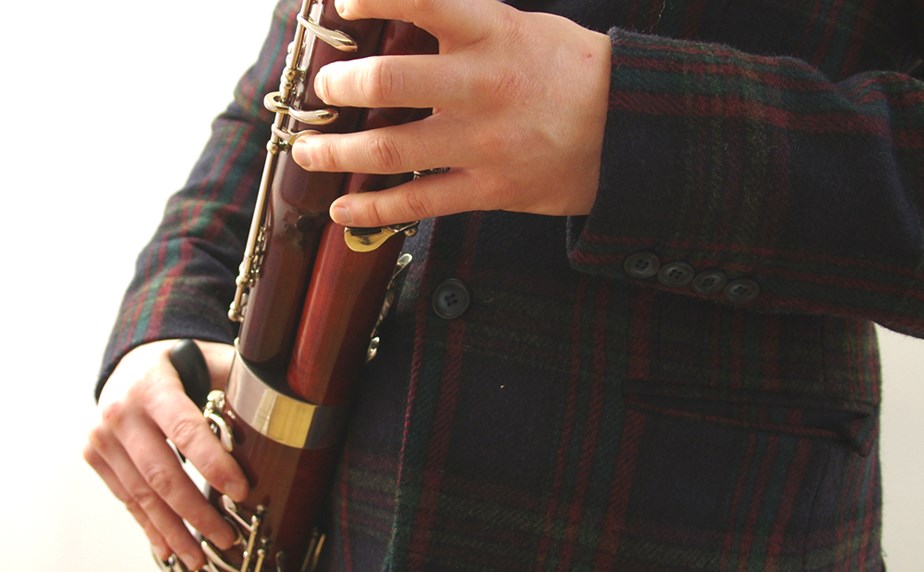Five reasons to play the bassoon in retirement
July 12th, 2017

Retirement is both exciting and daunting. You’ll gain time, but you’ll lose your work routine and contact with colleagues. You may even feel you’ve lost a sense of purpose. So, it’s a great time to try something new, or re-start an old hobby. Playing an instrument, like the bassoon, can be ideal. What’s better than making friends and keeping your mind active?
Here are five great reasons for playing the bassoon in retirement...
1. Make friends
Music is sociable. Playing with other musicians requires trust and teamwork, so it’s the ideal way to build friendships. An Institute of Education study from 2011 showed that people over 50 who played a musical instrument had ‘more positive relationships with other people’ than those who took part in other creative activities such as art classes, book groups and yoga lessons. Along with weekly music lessons, there are many amateur orchestras and music groups which accept beginners. You can visit www.amateurorchestras.org.uk for a list of groups all over the UK. The bassoon is a great instrument to play in a group. And as bassoonists are rarer than, say, flautists, you will be a very popular member. Many bassoonists play in small groups, such as a quartet, as well as larger ensembles.
2. Improve your memory
Do you want to preserve and enhance your memory as you get older? We now know that playing an instrument can help; it actually exercises the parts of the brain which deal with memory. One study in an Illinois retirement home, using retirees in their 70s to early 90s, saw an incredible 50-70% improvement in memory after just 16 weeks of learning a new musical instrument. That’s reason enough for dusting off your bassoon.
3. Protect your mental health...
In 2015 some remarkable research was published in the International Journal of Alzheimer’s Disease. From a study of 157 sets of twins (one twin having dementia, the other not), the research found that those twins who played an instrument in older age had a 64% lower likelihood of developing dementia or a cognitive impairment. Learning to play an instrument is clearly very good for your brain. And that’s not all.
4. ...And your physical health
In addition to mental health benefits, there are also notable physical health benefits.
Playing an instrument increases coordination, and improves eyesight and hearing. These improvements are not merely anecdotal. The Music Making and Wellness Project found that older people who played the keyboard had a 90% increase in levels of human growth hormone, a chemical which slows osteoporosis, aches and pains, and even wrinkling. The bassoon is a great instrument to play in this regard, as it requires all your fingers and thumbs. And the amount of breath involved gives your lungs and heart a workout. Still not convinced?
5. Achieve something new
Let’s not forget the sense of achievement from learning something new. You can see (or hear) progress every single week. You can continually test yourself and achieve new goals. And you can use your new-found skills to entertain and connect with others.
Many retirees are looking for fresh challenges, and new friends. Picking up your instrument again after a long hiatus, or learning from scratch, can provide everything you’re looking for. At Double Reed we meet a significant number of older people looking to take up the bassoon again, or start from the beginning. We are always happy to talk to you. To find out more, have a look through the News section where we have plenty of information for beginners.
Article Author: Martin Ludlow, In-House Bassoon Specialist and Director at Double Reed Ltd.


